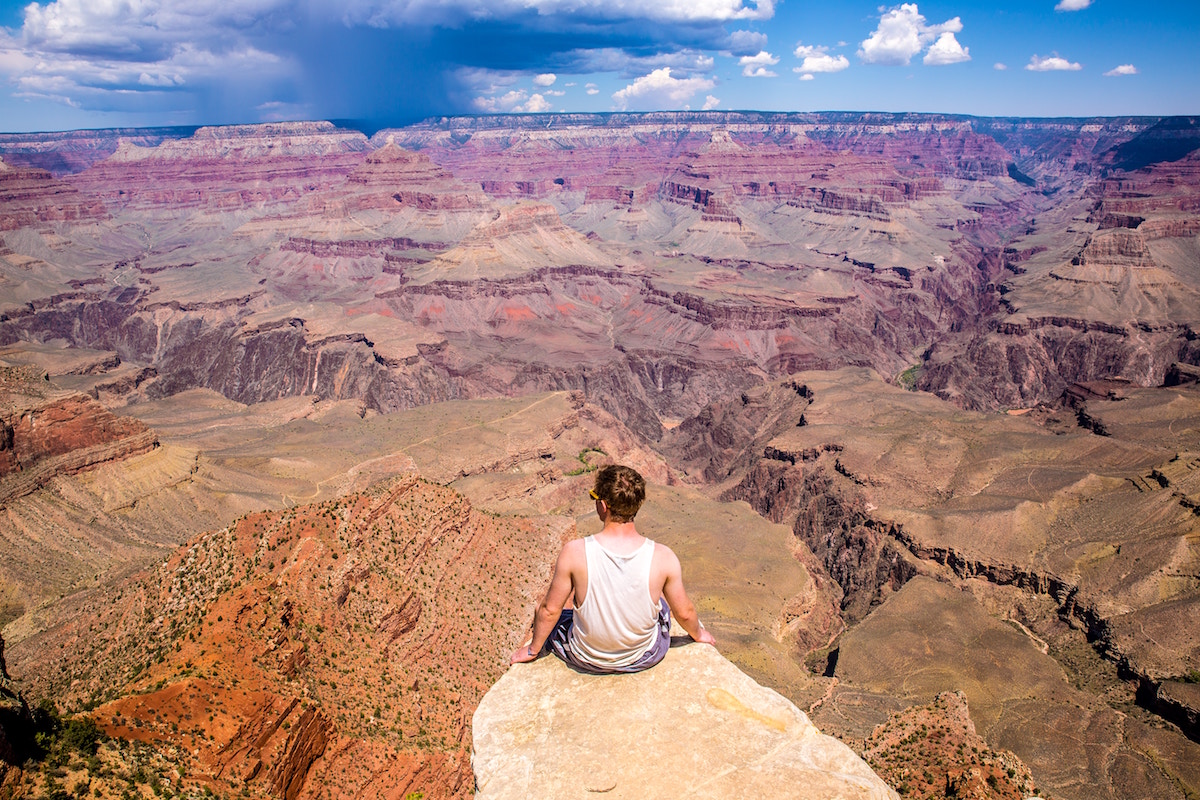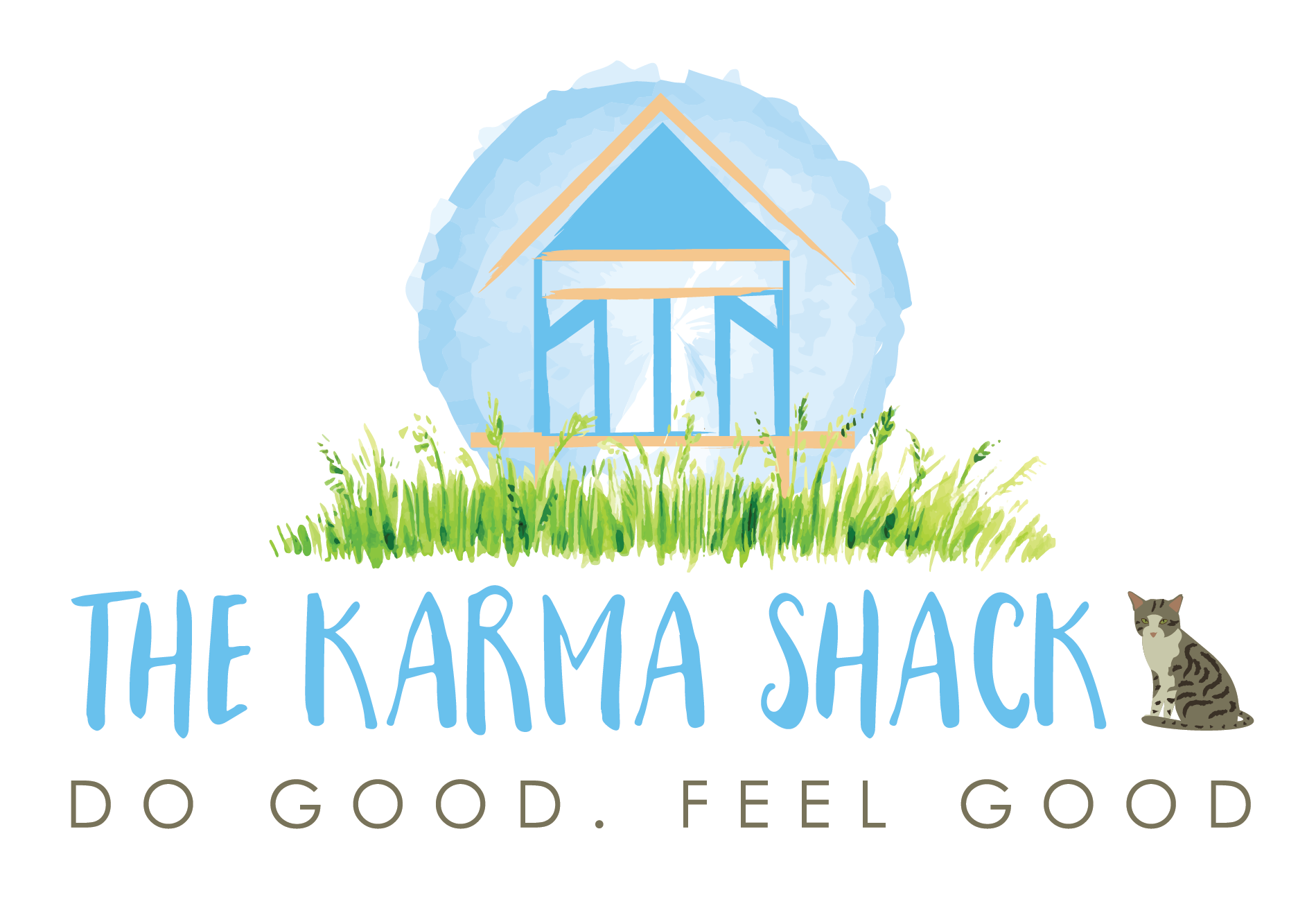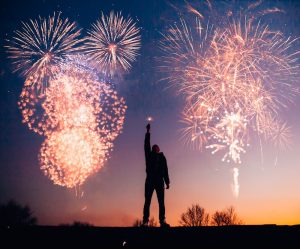
We writers and artists tend to beat ourselves up all the time about procrastination.
I guess everybody does at some point, but when you have a dream you’d like to achieve, it’s an easy trap to get caught in: focusing on everything we should be doing and could be doing, but we’re not doing it, not now.
We’ve all been there: we would really love to write more, or paint more, or dance more, move forward, but somehow we end up being too busy with other things, we have excuses not to do it. At the end of the day we look back at all that we did not do yet, and feel bad about it and beat ourselves up about it.
I know I’m quite good at it, myself, both the procrastinating and the beating myself up.
Then I read an article that opened my eyes to a different approach, and I must say, it works wonders.
It reminded me of my visit to the Grand Canyon with a friend, years ago.
We had been hiking down into the canyon in the morning, and were going back up in the afternoon. The thing with hiking into a canyon is that it’s an inversion of mountain hiking: the relatively easy descent comes first, when we’re fresh and full of energy, and the hardest part comes last: that steep ascent.
My friend was in slightly less good shape than I was at that time, and she started to get a little desperate, looking up all the time how far we still had to go. She was struggling, and I saw how she was getting close to an anxious breakdown. We couldn’t afford to get stuck halfway up: we had no gear, nor enough water or food to stay the night out there. I had to motivate her to keep going.
When we took a break, I pointed out to her where we had been, deep down in the canyon. We could just make out the little house where we had taken our lunch-break. I emphasised that we had already come up so far, that we’d passed the halfway point more than an hour ago, that we were probably two-thirds of the way up already. I never once made her look up to the rim, which was still intimidatingly far above us.
She calmed down, and felt reassured. If we had made it up already this far, she felt she could do the rest as well. Inside, I heaved a sigh of relief.
When we started walking again, I made a point of stopping frequently to look at the view below us, constantly taking her attention away from the slope looming over our heads.
We made it back up before dark. It had been a challenging day.
When we have a big dream, a future goal we’d like to achieve, the long and steep road towards it seems to be full of daunting obstacles. We focus on all the hard work we still have to do, all the things we need to learn, all the steps we have to take, that will constantly pull us out of our comfort zone. The sheer vastness of our project can be overwhelming and intimidating, and make us want to hide in bouts of severe and prolonged procrastination, right?
Now this is the trick: instead of looking forward and feeling intimidated by all we still need to get through, we can look back every day, and see what we have achieved that contributes towards fulfilling our dream.
We can look at the small steps we made: we’ve connected with someone in our peer group today, or we’ve read and commented on a relevant article, establishing more connection in the field. We collected a couple of contacts that we can add to our database for that newsletter that we are planning to make (sometime soon, but not quite yet). We played with a creative idea for an article, a painting, a new product. We looked up a couple of words or expressions that caught our attention when we were reading and copied down a quote that inspired us. We browsed a book on painting, on composing, looked into a course that could help us with that one skill we think we still need.
We opened our computer, sketchbook, piano and sat down with the intention to write, paint, compose.
We listened to a podcast that inspired us or taught us a productivity hack. We had a decisive moment in which we put our phone down on purpose to do something more meaningful instead.
When we take a few minutes at the end of each day, to see how we’ve grown and moved, even just the tiniest bit, towards our goal, we reconfirm our motivation with ourselves. This will make it easier tomorrow, to take another few of those little steps, and the next day, and the next.
Whereas the focus on everything we haven’t done yet will paralyse us and grind us down, working at all our mini-achievements can lift us up and push us forward. It is all about the momentum: it is easier to keep things in motion, than to put something in motion from a standstill position.
We can combine this little achievements-assessment with a gratitude practice, and feel grateful for all those things that we did do, that we did achieve, even if it was just writing our morning pages. As long as we are showing up in some minute way for our inner artist every day, (s)he will be more likely to come out and play and work a little harder every time.
Let’s look at how far we’ve already come, and not worry about how long we still have to go.


